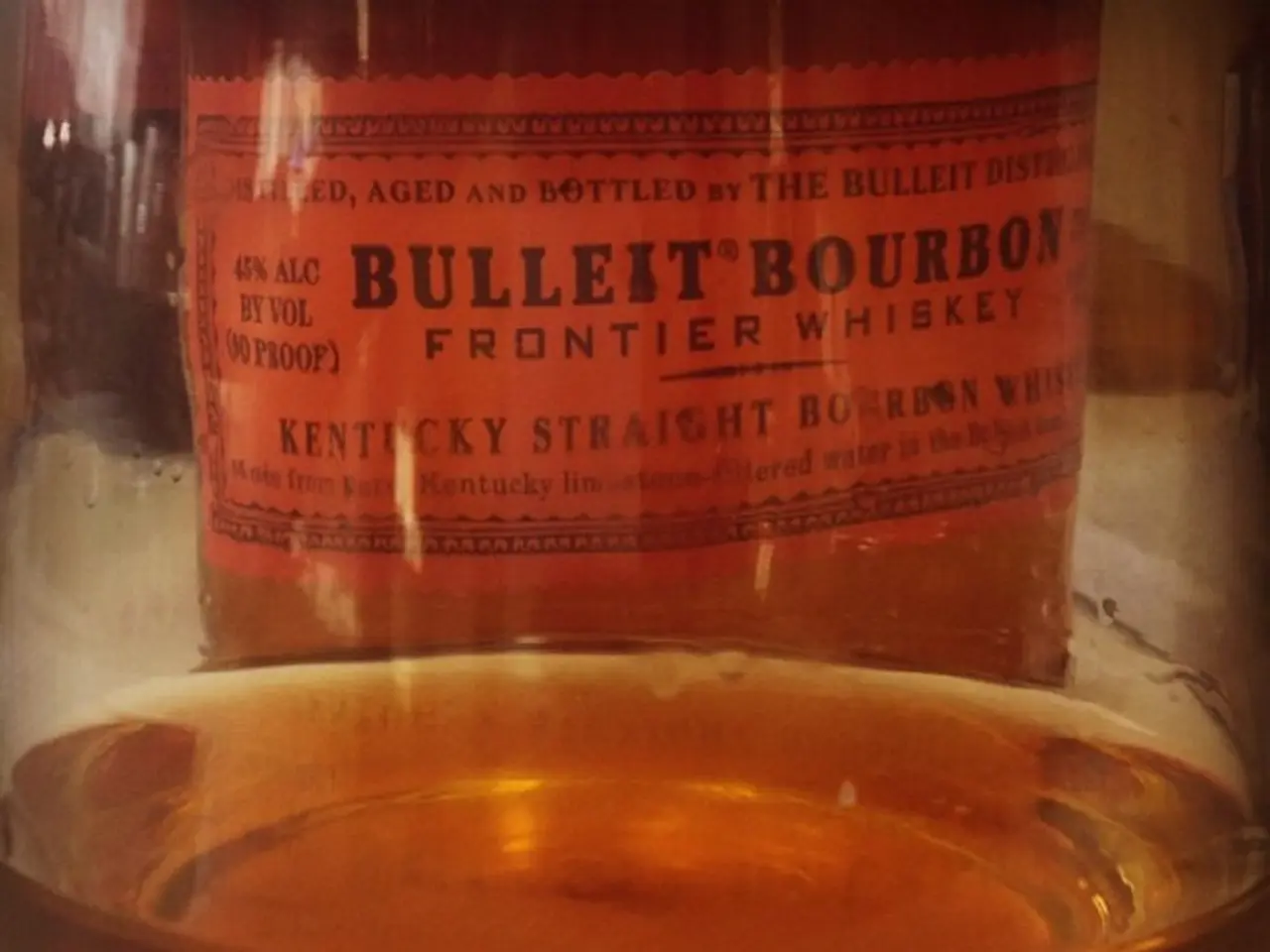Is Alcohol Considered a Controlled Substance?
In the realm of substance regulation, two distinct approaches can be found in the United States and the United Kingdom. While both nations aim to protect public safety, their methods vary significantly.
Alcohol Regulation in the United States
The regulation of alcohol in the U.S. is a shared responsibility between federal and state authorities. The 21st Amendment to the Constitution granted states the power to manage alcohol within their borders, including sales, distribution, importation, and possession. The federal government defines alcoholic beverages as those containing more than 0.05% alcohol by volume.
At the federal level, regulations cover excise taxes on alcohol, production aspects, and labeling under the Alcohol and Tobacco Tax and Trade Bureau (TTB). State laws, however, differ widely, governing who can sell alcohol, the minimum legal drinking age (21 across the U.S.), hours and places of sale, and rules around distribution and possession.
Sale and possession laws vary by state, with most honoring the federal definition and the legal drinking age of 21. Most states set a blood alcohol concentration (BAC) limit of 0.08% for driving under the influence offenses. Regulations also encompass sales hours, restrictions on sales to certain types of establishments, prohibitions on sales to intoxicated persons, and excise taxes.
Controlled Substances in the U.K.
In contrast, the U.K.'s classification system for controlled substances is established by the Misuse of Drugs Act 1971 and enforced by the Home Office and the police. This system categorises substances into three classes: Class A (most harmful and highest potential for abuse), Class B (significant potential for abuse but less harmful than Class A), and Class C (lowest potential for harm).
Examples of Schedule 2 drugs in the U.S., which have a high potential for abuse but also have some accepted medical uses, include opioids such as fentanyl and oxycodone. In the U.K., these substances would likely fall under Class A.
It is crucial for individuals to be aware of the regulations regarding controlled substances in their country of residence and for travelers to be mindful of local laws and customs regarding drug use in any countries they visit to avoid potential legal issues or health risks.
Alcohol Use Disorder (AUD)
AUD, a medical condition characterised by a pattern of alcohol use that leads to significant distress, can cause physical, psychological, and social issues such as liver damage, cognitive impairment, depression, anxiety, and relationship strain. Treatment for AUD may involve a combination of medication, therapy, and support groups.
In the U.S., alcohol is legal for adults over the age of 21 to consume, with specific restrictions on its use and distribution. The Federal Motor Carrier Safety Administration requires that commercial drivers and vehicle operators do not have any alcohol in their system while driving. The Federal Alcohol Administration Act ensures that only qualified persons engage in the alcohol industry.
Alcohol is not classified as a controlled substance under the Controlled Substances Act (CSA) in the United States. The Advisory Council on the Misuse of Drugs oversees and updates the controlled substance classification system in the U.K., while the Drug Enforcement Agency in the U.S. regularly reviews and updates the classification system of controlled substances to reflect new scientific findings and changes in drug use patterns.
Examples of Schedule 1 drugs in the U.S., which have the highest potential for abuse and no accepted medical uses, include heroin, LSD, and cannabis. Substances such as anabolic steroids, benzodiazepines, and cough suppressants containing codeine are examples of Schedule 3, 4, and 5 drugs in the U.S., which have a lower potential for abuse and various accepted medical uses.
In conclusion, the regulation of alcohol and controlled substances in the U.S. and U.K. showcases a unique blend of federal and state responsibilities, with each country adapting its approach to suit its specific needs and societal values.
- Despite the variation in approaches, both the U.S. and the U.K. aim to combat instances of abusive behavior like substance abuse.
- Science has a prominent role in shaping the classification systems for substances, such as anthrax being a biological weapon requiring strict protocols.
- Medical-conditions, like chronic-kidney-disease and respiratory-conditions, can be exacerbated by the abuse of certain substances, emphasizing the importance of proper regulation.
- In terms of digestive-health, it's essential to maintain balance and avoid the use of harmful substances that may lead to digestive issues.
- For eye-health, prolonged exposure to certain chemicals present in certain substances can have detrimental effects.
- Hearing issues can be influenced by the misuse of certain substances over time, making it crucial to adhere to regulations in this realm.
- Health-and-wellness advocates emphasize the importance of a holistic approach, considering not only physical health but also mental-health, autoimmune-disorders, and overall personal-growth.
- The industry, including the alcohol, finance, and skin-conditions sectors, must operate responsibly and comply with regulations to maintain public trust and ensure safety.
- Finance and banking-and-insurance institutions must also abide by regulations regarding investments in businesses that deal with sensitive substances, such as those linked to chronic-diseases.
- Education-and-self-development plays a critical role in fostering understanding of health matters, including different types of medical-conditions, mental-health issues, and sports-related injuries.
- Career-development opportunities often exist within the regulatory bodies and associated fields, providing careers in job-search, skills-training, and policy-making.
- Sports and sports-betting industries are influenced by substance regulations, as some performance-enhancing substances are controlled under various classifications.
- Understanding the intricacies of substance regulation is essential for personal-growth, career-development, and ensuring a healthy and safe lifestyle for oneself and others.




